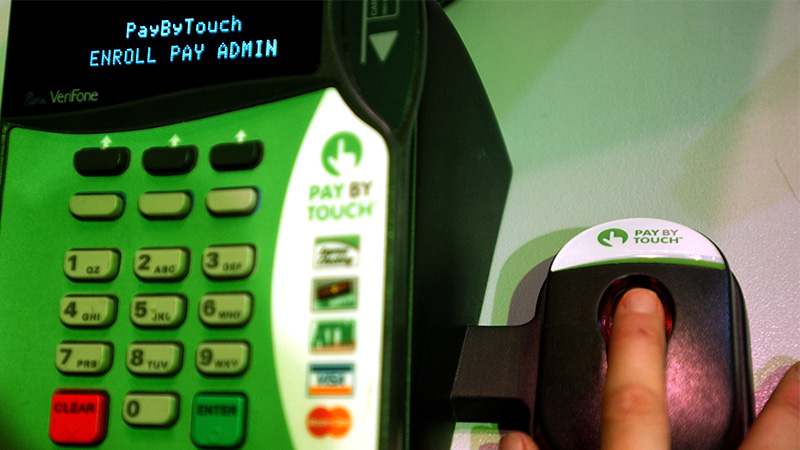Privacy experts warn the public about possible “digital enslavement”.
In the past, individuals had to physically visit a store equipped with Amazon One devices to register for the service. But on March 28, Amazon announced that first-time users of Amazon One pay-by-palm services can now sign up for it from the comfort of their homes or even while working by submitting a photo of their hand to Amazon servers.
Amazon has guaranteed users its convenience while promising retailers benefits such as expedited queues and a smoother in-store experience.
(Related: Amazon rolling out PAY-BY-PALM services as new payment tech at all Whole Foods Market stores.)
However, privacy experts argued that collecting the biometric data of its users would only allow Amazon to easily consolidate their personal information. This, in turn, could result in privacy breaches and even the misuse of sensitive data.
James Lindsay, the founder of New Discourses and author of works such as “Race Marxism” and “Social (In)justice,” explained on the X platform how the rollout of the Amazon One app aggressively promotes “digital enslavement” or “Digital Slave ID.”
In a series of tweets, Lindsay warned of a looming system where evil technocrats reduce data points, manipulate, and even control individuals to gain profit. He outlined the components of this hypothetical “digital cattle” system, including UBI, a social credit system linked to financial incentives and penalties, and an education system designed to perpetuate control.
“The oligarchs need [not only] enough information to know what their cattle need to keep functioning but also tons of information to know how to contour and control them into the ideal subjects and consumers their system needs to sustain itself,” he explained in one of his tweets.
Michael Rectenwald, a former professor at New York University and a prominent fellow at Hillsdale College, backed Lindsay’s claims. Rectenwald, an accomplished author of 12 books, warned the public against the seductive allure of convenience in the latest app rollout of Amazon.
“The threat of complete digital enslavement will come via offers of ‘convenience’ and ‘inclusion’ from the corporate appendages of the state—or what I have called ‘governmentalities’—such as Amazon and Google,” said Rectenwald.
More people and stores are blindly turning to cashless payments because of “promised convenience”
In a video published on May 7, Reclaim the Net revealed that big corporations like JPMorgan Chase, Amazon, Microsoft and Google are actively promoting and normalizing the use of biometric data, particularly facial and palm recognition, in payment transactions.
These companies claim that biometric payment systems offer unparalleled convenience and efficiency compared to traditional payment methods. Moreover, they also claim these could help reduce fraud and improve financial security.
This advocacy has turned cashless payments into a growing trend, with more and more people using them in recent years.
For instance, in 2023, coffee shop chain Starbucks teamed up with Amazon to launch the Amazon One system in selected stores in Edmonds, Washington State. The pilot of the Amazon One system will serve as a bellwether to determine whether older people will embrace the new technology. In 2018, the coffee shop chain also opened a cashless pilot store in the lobby of a Seattle-based office building to “evaluate customer response and garner employee feedback.”
Starbucks also tried Amazon Go, a checkout-free shopping experience, at concept stores in New York City for the same reason.
Still, privacy experts warn the public that biometric data is uniquely identifiable and immutable. Once captured, the data could be exploited beyond payment verification, such as by tracking individuals, identifying them in public spaces and profiling them for marketing purposes.
Head over to PrivacyWatch.news for more stories about the risks of biometric payment methods.
EXCLUSIVE: Col. Douglas Macgregor Warns Attack On Iran Would Cause WWIII And Mass Migration


